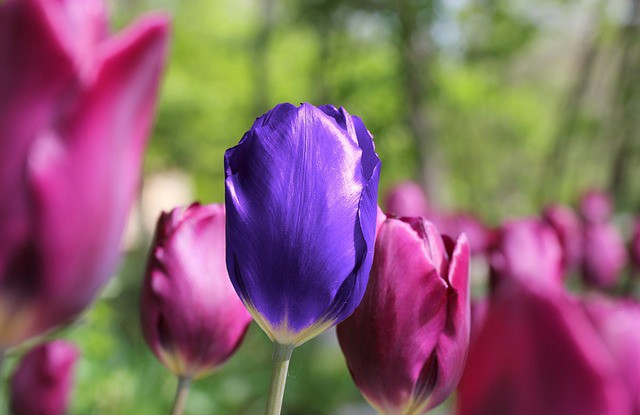In the previous post, I wrote about the importance of knowing yourself and building self-awareness, but I didn’t get into the details of how. Because I write these posts assuming the reader is the 16-year-old me, I would have liked to know what exact steps to take, which is the focus of this post.
So where exactly do you start?
It really doesn’t matter as long as you start somewhere. Most people won’t start anywhere because they’re plagued by hundreds of excuses – all of which can be valid; lack of time/resources, fear of what parents or society might say…etc.
That’s why it’s easier if a person’s interests and passions are discovered earlier in life (between 16 and 21 years of age). During that time, kids are into experimenting anyway and have lots of free time after (or even during) school to try out things. They also tend to be rebellious enough to not care what society says. But this is not to say that people can’t reinvent themselves later in life. It just becomes more difficult when there are many responsibilities to take care of.
So if I were 16 and I had no clue of what I would be passionate about, I would start with a 101 things to do in search for the feelings associated with flow. More focus must be on creation and not consumption; e.g. write video games and don’t just play them, write books and don’t just read them. There are lists all over the internet with ideas on what hobbies to try, so just print out one of those lists and start somewhere. If you were a parent, and your kid’s experiments need financial investment, you can set the conditions (e.g. the kid needs to find their own source of income through a summer job).
The main skill to build when you pick up your first hobby is self-discipline; sticking with one thing long enough to know for sure if you really love it and want to gain mastery in it, or love the idea of it.
What does ‘long enough’ mean?
In his book Outliers, Malcolm Gladwell writes about how it takes 10,000 hours of practicing a skill to get good at it. Whether this number is accurate or not has been debated over the internet for years and while I won’t get into the details here, millennials laugh at the idea of spending 10,000 hours on one thing because we’re like the 2-min-noodle-why-wait-for-a-cab-when-you-can-uber-and-if-in-doubt-just-google-it generation. We lack patience, and careers to us are not represented by ladders but by a series of lily pads on which to hop on as explained in Smiley Poswolsky’s The Quarter-life Breakthrough.
So how long do you give yourself before quitting one thing and trying out another? There’s no exact answer but from my experience, somewhere between 9 and 12 months of following through with a deliberate practice (where the level of challenge increases) should be able to tell you where you stand.
A few other questions to think about (before you go out and do something about it);
– What are you slightly interested in?
– What did you like doing as a kid?
– What about the world we live in makes you really angry? Sometimes, passion and anger are two sides of the same coin.
– Who do you admire the most; what do they do and what traits do they share?
– Most importantly, how do you want to contribute in the world?
– What skills would you love to master?
Sometimes you can narrow your 101 things list to what other people notice you’re good at. Never underestimate the impact that other people’s validation could have on a teen’s self-esteem. I’ve experienced that myself…11th grade biology teacher. She wanted us to read the chapter before class so once she assigned a homework where we read the chapter and summarize. I worked on the first version of that summary and it was the expected sort of assignment; boring, dry, text-book style. When I sat down to write the second version – I don’t remember why, but I might have lost the first version or the first version was hand-written and I wanted to type it on a PC- but I just couldn’t get myself to write something that boring twice. So I got creative and turned it into a story featuring aliens, a space war… It was bizarre and crazy, but also funny.
And I submitted it.
If it were another teacher, she would have returned it and told me to write a proper summary.
This teacher loved it.
She gave me a ten out of ten, read it to her students in the 12th grade…
And continued giving us summary assignments throughout the year.
Come 12th grade and I was having personal issues that influenced my writing – less humor/creativity – and she admitted to me, “The only reason I used to give your class that assignment last year was to see what you would come up with. What’s happening to your writing this year?”
I really wish teachers had the resources to help kids build self-awareness but that’s a lot to expect especially when they’re not even paid enough to perform their teaching duties, let alone do extra-curricular counseling but that’s a discussion for another day.
Like this post? share it on facebook.
Follow my Instagram and twitter (both @ahechoes) to get snippets of wisdom from books I read.
Also, subscribe to the newsletter here; [mc4wp_form id=”680″]

I wonder if at 16 I would have the self discipline to keep at something for 9 months…
🤔